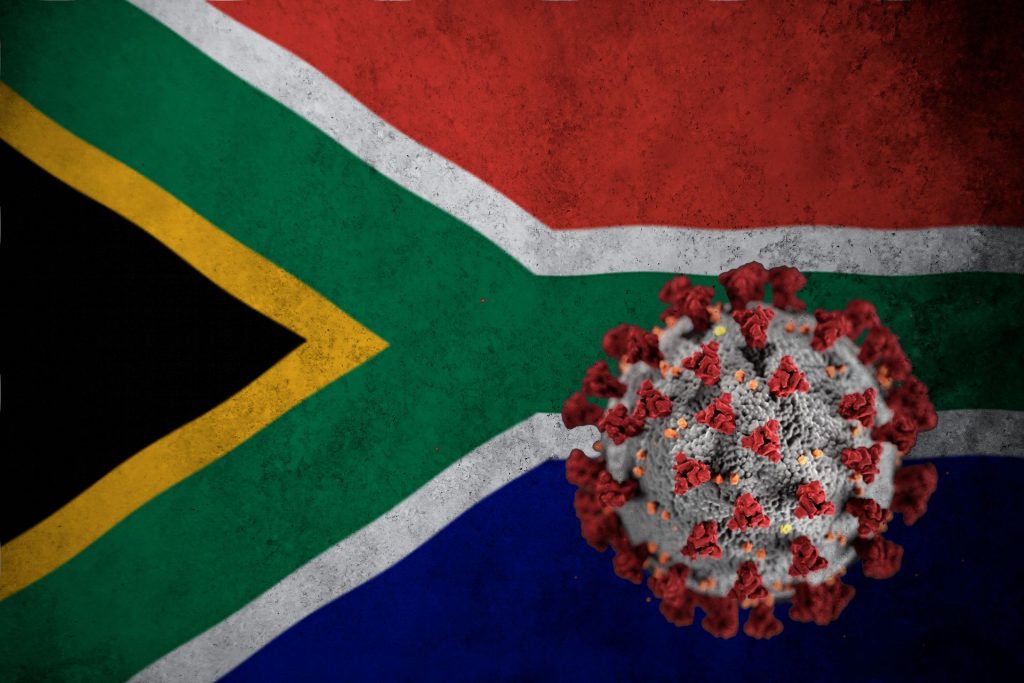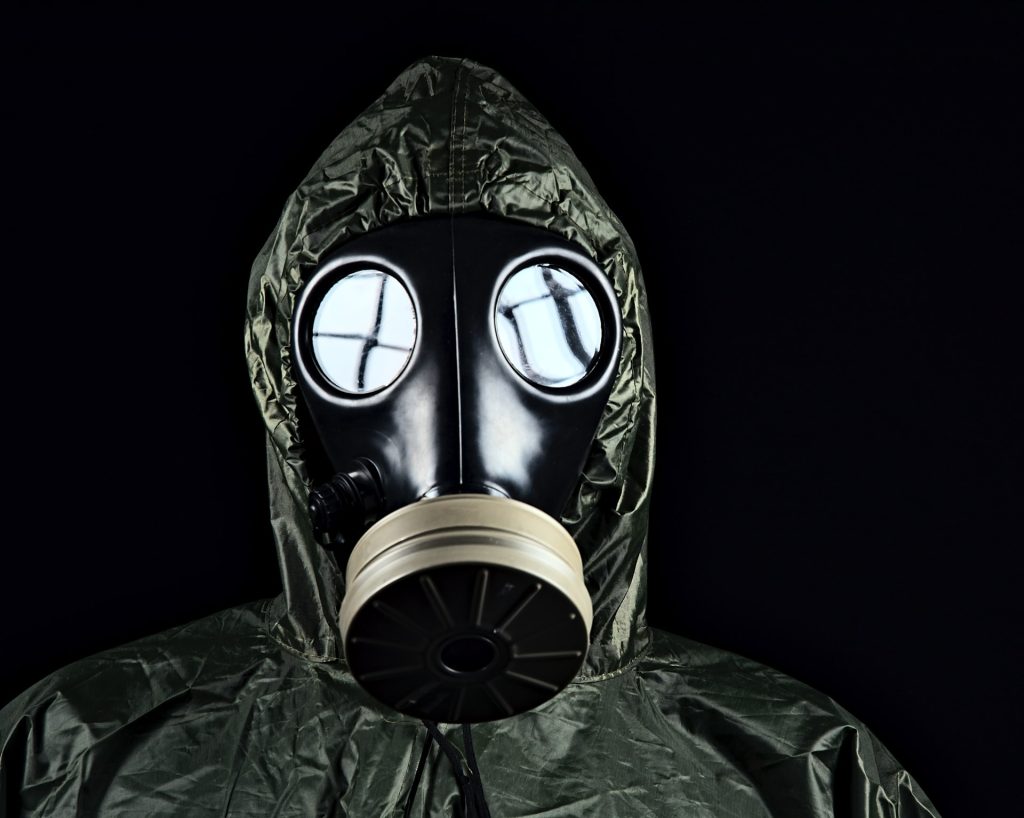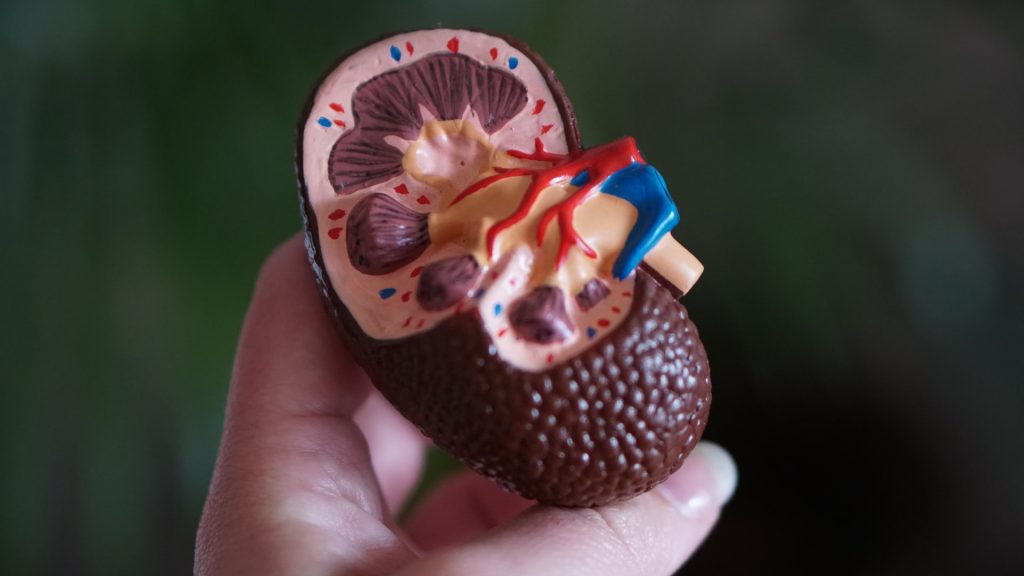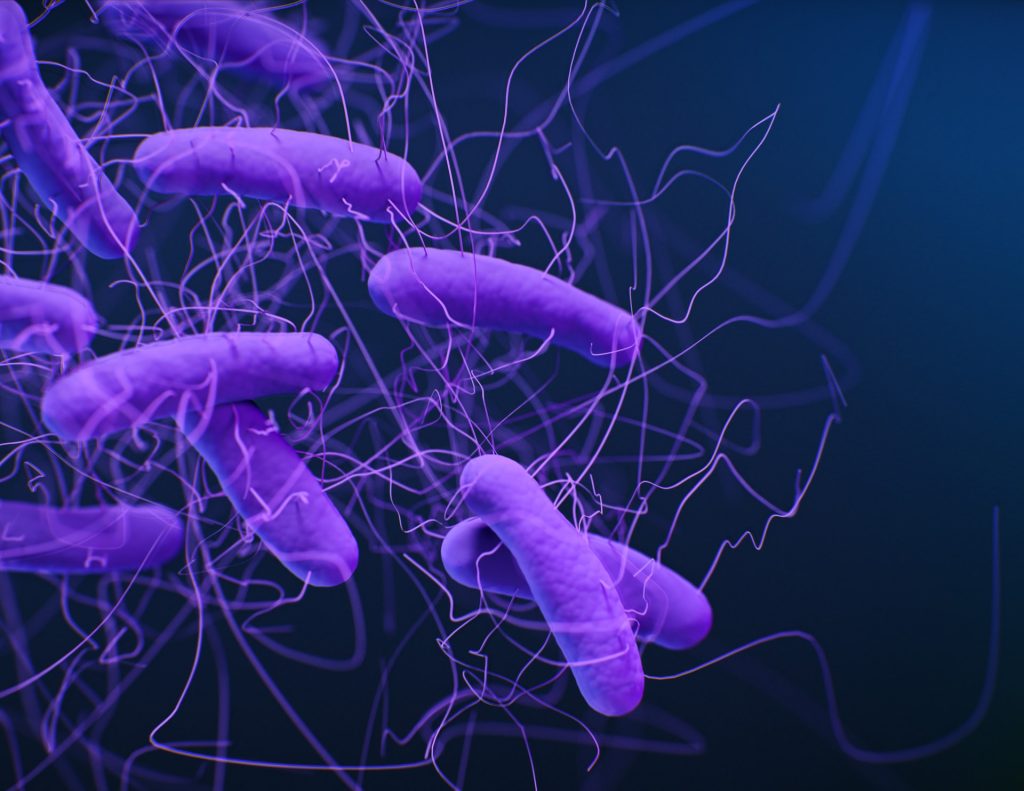20% of South Africans Still Lack Immunity as Fifth Wave Approaches

In an interview with 702, CSIR senior researcher Dr Ridhwaan Suliman warned that 20% of South Africans still do not have any immunity to COVID, either from vaccination or prior infection. Since the start of the pandemic in South Africa, he has been tweeting his graphs of infections and explaining the science to the public.
Explaining the figure, he said: “It’s an extrapolation of recent research studies that show sero-prevalence levels across the country, up to about 80% currently. That means levels of immunity of people having previous infections, so natural immunity, plus acquired immunity through vaccination. So based on the 80% sero-prevalence levels, it means there’s still 20% that are susceptible… and 20% of South Africa’s population leaves 12 million people who don’t have levels of immunity or sero-prevalence currently.”
This number is however greatly increased from a previous survey conducted in January 2021, which reported a 19.1% rate.
He pointed out that this leave South Africa with a large number of people who are immune-naïve to COVID, who are therefore at risk of more severe consequences such as hospitalisation and death. However, the high levels of immunity means that, as seen in the Omicron wave, outcomes are reduced in severity.
Interviewer Bruce Whitfield asked Dr Suliman his opinion of prospective waves, as evidenced by increasing infections in countries like the US and China, and indeed, his own observations of queues starting to build up outside mobile COVID testing stations.
Dr Suliman replied that although the infections have been driven by the highly transmissible Omicron B.A.2 variant which is also dominant in South Africa, it “hasn’t resulted in a further uptick or resurgence following our fourth wave of the original Omicron strain, and so we’re currently in an ‘inter-wave’ period with low levels of transmission.”
He says that the situation is encouraging, with hospitalisations at their lowest levels seen since before the first wave in May 2020, but that this is still an inter-wave period.
Regarding when the fifth wave would be, Dr Suliman pointed out that each of the previous four waves “have been very cyclical or regular, with three months in between each wave.” Based on this, he said that he expects another wave is likely around the end of April or beginning of May.
However, he said that this should not be looked on with fear “because even with a surge in high levels of infection we do have high levels of population immunity which we hope will continue, and we will have less severe outcomes of hospitalisation and death even with those high levels.”
Source: 702





